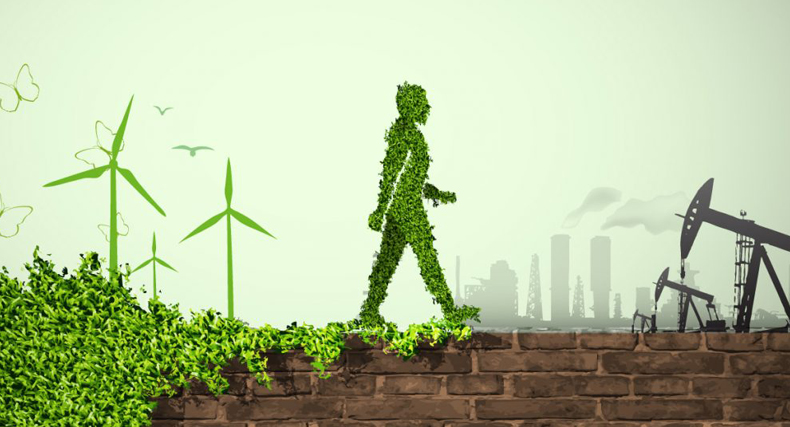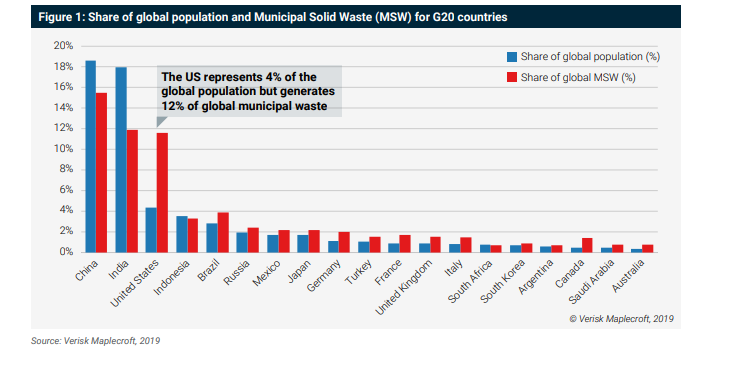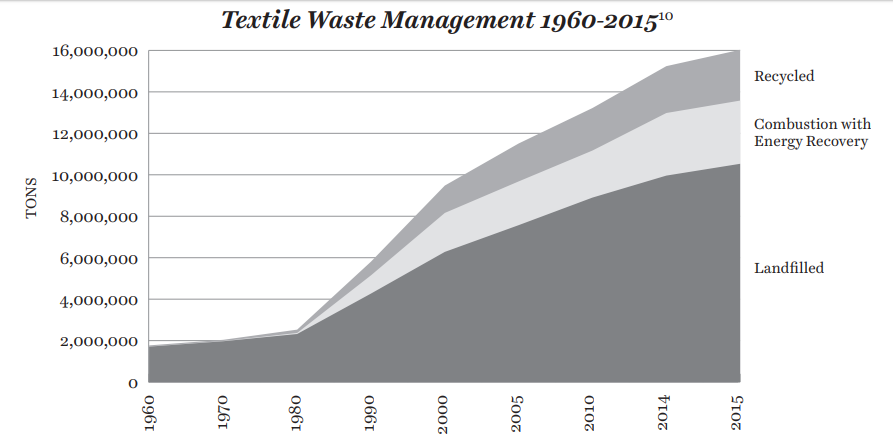
Date: 04 February 2020
- The amount of carbon dioxide released in the world has increased approximately 20 times in the last 20 years due to population growth, developing technology and other reasons.
- According to the 2018 report in the Global Atmosphere Research Emission Database (EDGAR), China, the USA, India, Russia and Japan take the lead among the countries polluting the world with the most carbon emissions.
- China, where industrial production is high, is the country that pollutes the world the most with 10.5 billion tons of carbon dioxide emission annually. China also causes about a third of human carbon emissions in the world.
- In order for global warming not to turn into an apocalypse, carbon dioxide emissions originating from human beings should decrease by 45% in 2030 to reach 2010 levels and reach zero in 2050.
- The energy sector is the sector that triggers global warming the most, with 60% greenhouse gas emissions.
- If everyone in the world starts using energy saving bulbs, 105 billion euro can be saved each year.
- Even though 70% of the world is covered with water, only 2.5% of it is fresh water and only 1% is open to human access.
- Water consumption has increased twice as much in the past century.
- If water use is regulated as more effective, 45% savings can be achieved in houses.
- If the whole world ate like an average American, there would not be enough water to meet the needs of the global population.
- 70% of agricultural emission can be reduced by plant-based nutrition.
- When organic substances are stacked for their dissolution in nature, they cause 34% more effective than carbon dioxide by release of methane gas.
- Recycling a ton of paper saves 2584 liters of oil, 26498 liters of water and 2.5 cubic meters of space, while saving 17 trees.
- Leading countries in recycling worldwide are Germany, Austria, South Korea and Wales, respectively.
- Fossil hydrocarbons used in plastic production contribute to global warming as they are non-renewable sources.
- Plastic bags and styrofoams take thousands of years to dissolve, causing the death of marine animals and degradation of soil and water.
- Today, 36 million people working in production networks, including many fashion brands, live with modern slavery.

Evaluation of Textile Wastes
- Textile waste management in the USA between 1960 and 2015 was carried out as follows:

Source:
https://www.oggusto.com/blog/detay/2745/surdurulebilirlik-hakkinda-bilmeniz-gerekenler.html
http://www.fibershed.com/wp-content/uploads/2019/01/Fibershed-Clothing-Guide-first-edition.pdf